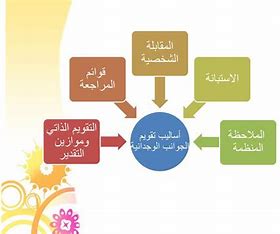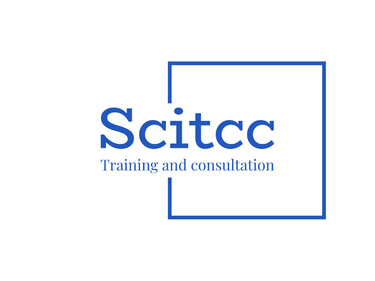
Modern Assessment and Valuation Methods
Modern Assessment and Valuation Methods
$5200.00
:
Day One: Introduction to the Modern Calendar
Definition of modern assessment and its objectives.
The difference between the traditional calendar and the modern calendar.
The importance of continuous assessment in improving the educational process.
Understanding alternative assessment methods (that go beyond traditional tests).
Emphasizing the role of the student in the evaluation process: from consumer to active participant.
Day Two: Formative Assessment and Its Tools
The concept of formative assessment and the importance of using it.
How to implement formative assessment in the classroom.
Formative assessment tools: observations, class activities, presentations, and discussions.
Applying techniques such as self-assessment and peer assessment.
Day Three: Project-Based Assessment and Active Learning
Definition of Project-Based Assessment and its objectives.
How to design and evaluate projects in education.
Active learning strategies and their impact on academic achievement.
Examples of applications in the classroom: problem-solving, group discussions, workshops.
Day Four: Assessment through Multimedia and Modern Technologies
Using multimedia (video, audio, interactive applications) in assessment.
Digital tools for performance analysis and evaluation (such as online assessment applications).
The role of modern technologies in enhancing personal assessment.
Integrating educational games and assessment into the educational process.
Day Five: Participatory Assessment and Its Impact on the Educational Environment
The importance of participatory assessment in building a reciprocal relationship between the student and the teacher.
Strategies for implementing participatory evaluation such as group workshops and feedback exchange.
The impact of participatory assessment on enhancing critical thinking and problem-solving skills.
Discussion on how to improve assessment strategies in the future.
Activities and Exercises:
Workshops on designing innovative assessment tools.
Simulation of evaluation processes through interactive activities.
Case studies addressing successful applications of modern evaluation.
Expected Outcomes:
The participants' ability to develop innovative assessment tools.
Skills for implementing formative and participatory assessment in classrooms.
Enhancing the use of modern technologies in the evaluation process.
A deeper understanding of how to improve the learning process through advanced assessments.


